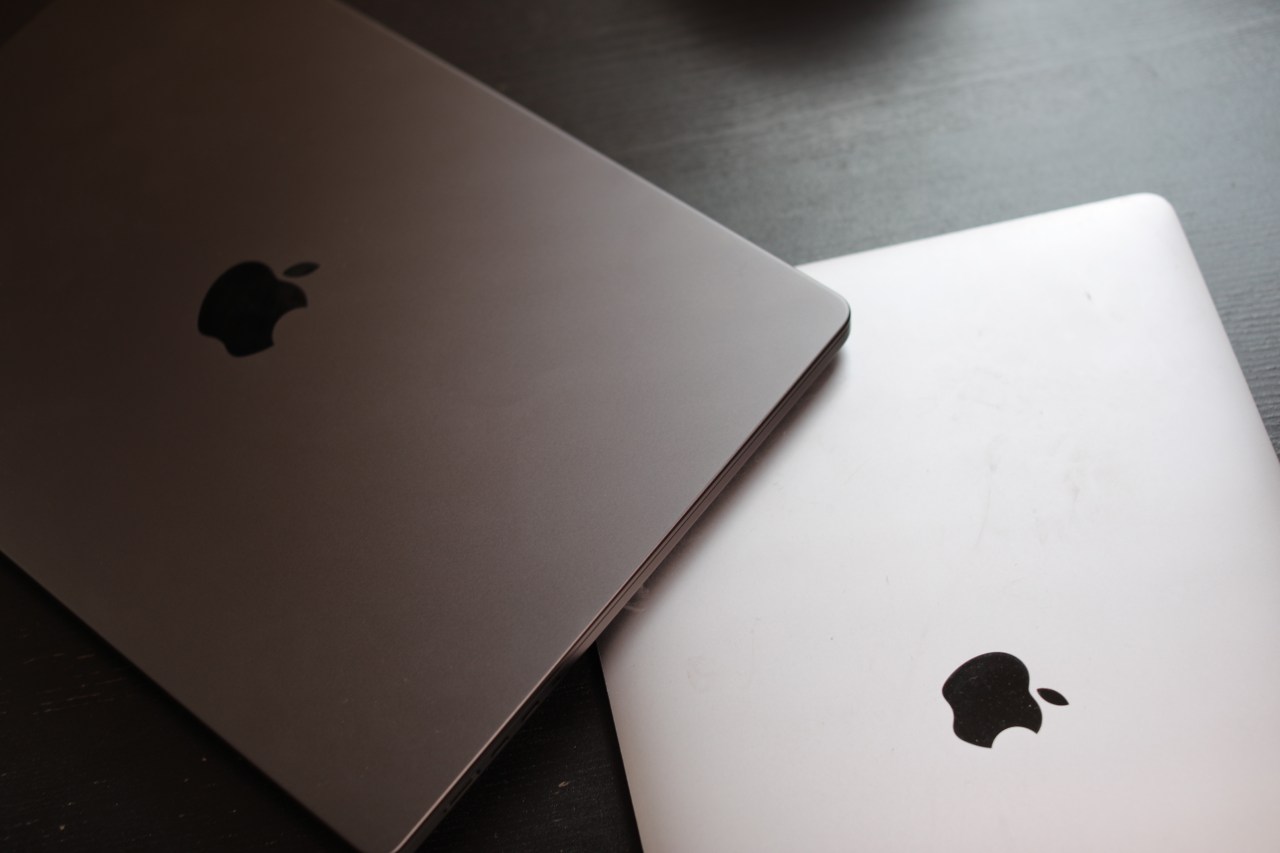At a time when many startups have struggled to raise money and keep their heads above water, Kandji, an Apple device management platform, has been an exception. Founded in 2019, it has raced through its funding rounds like a precocious child, raising over $188 million along the way.
Today it added to that total with another $100 million from General Catalyst, half of which is additional equity and half is a debt instrument. Today’s raise brings the company’s total funding to over $288 million, including the debt. It also raised its valuation from its last round in 2021 from $800 million to $850 million.
The company has made its name helping IT manage the growing list of Apple devices inside an organization in a modern and streamlined way. And the approach seems to be working, with Kandji growing revenue and customers at a rapid pace. Since the 2021 round, it reports annual recurring revenue (ARR) is up 600%, while growing its customer base 4x to 4,000 global customers.
Company CEO and co-founder Adam Pettit says part of the growth is due to expansion outside the U.S., something the company was already starting to do in 2021 when we last spoke to him. “Over 30% of our customer base, and over 30% of revenue is actually outside of North America, and we see that actually growing quite significantly,” Pettit told TechCrunch.
Another factor contributing to the company’s growth is the expansion of its platform from pure device management into endpoint security. “When we raised our last round, we really started investing heavily in endpoint security in addition to our endpoint management capabilities, and we launched our endpoint detection and response product, which was our second product, last year,” he said.
Pettit said the company has seen explosive growth in this product and this has helped contribute to the overall ARR growth they have seen. While Kandji has been using traditional machine learning under the hood of its product for a number of years now, it intends to add some generative AI capabilities in the coming months.
While the company competes with Apple itself and legacy players like Jamf and other mobile device management (MDM) vendors, he says they beat competitors consistently. “I would say we compete with every player on the market, and our win rates against legacy MDM solutions are very high. So two important things to note: Number one, two-thirds of our business globally each quarter comes from us ripping and replacing other solutions — two-thirds — and that’s been the case for many quarters. The other third is really greenfield customers. These are first-time device management buyers or InfoSec buyers,” he said.
While the valuation hasn’t increased dramatically since the last round, Pettit rightly points out that 2021 was a very different time in venture capital. Interest rates were still low and there were a lot of inflated valuations that companies had trouble living up to in subsequent years. Seeing his startup’s valuation rise, however modestly, feels like a win to him.
“The fact is we are fortunate in that we have grown very quickly and I think we’ve built a very impressive business over the last two and a half years since we last talked, and we’ve grown into and now out of our last valuation. And I think that’s more than many companies can say,” Pettit said.
The 50/50 split of the round between equity and debt is deliberate he says, making half dilutive and half not. That debt funding is specifically designed to help them invest in sales and marketing, and they get a certain amount each quarter to invest, and then pay it back based on their sales success.
